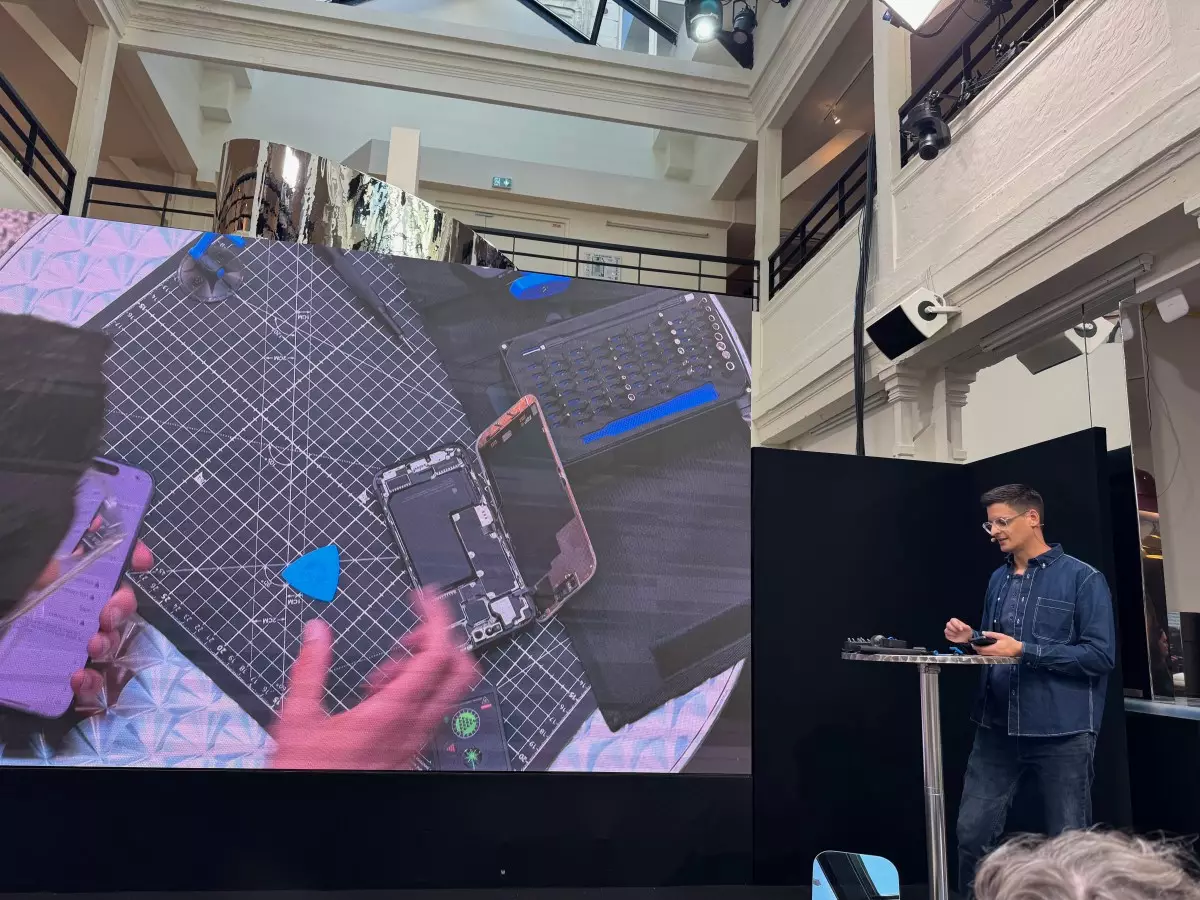Back Market, the French startup renowned for its marketplace of refurbished electronic devices, has made significant strides within the secondhand technology sector. With its primary focus on smartphones, the company captured the attention of investors, securing a staggering $335 million in a Series D funding round, followed by an additional $510 million in its Series E round in 2021. This impressive influx of capital propelled Back Market’s valuation to an astonishing $5.7 billion during a period marked by favorable economic conditions and low-interest rates. However, as the global economy began to dull, Back Market faced challenges that culminated in a reduction of its workforce by the end of 2022, a move it described as necessary to pave the way for future profitability.
Reorienting Towards Product Launches
In a recent press conference in Paris, Back Market’s leadership articulated a renewed commitment to product innovation and expansion. This pivot aims to diversify distribution channels while appealing to higher-end consumers, encouraging them to consider refurbished options over brand-new devices. The premise is straightforward: purchasing a refurbished smartphone is not only more economical but also environmentally sustainable, especially given the little differentiation between new models year-on-year. This strategic rebranding positions Back Market as more than a mere reselling platform; it seeks to redefine consumer perceptions about the value of refurbished electronics.
Partnerships as a Key Growth Strategy
Back Market’s strategy hinges significantly on its partnerships with roughly 1,800 businesses responsible for repairing and reselling old tech. In line with this approach, the company recently announced a collaboration with Sony specifically for PlayStation consoles. This initiative aims to alleviate inventory constraints while enhancing the trading experience for consumers interested in upgrading their consoles. By integrating trade-in options directly within the Sony PlayStation store, Back Market hopes to streamline the process of selling old devices, enticing consumers to exchange their previous hardware for credit towards new purchases, thus contributing to an efficient recycling loop.
Furthermore, Back Market plans to forge alliances with telecom companies, as seen with Bouygues Telecom in France and Visible in the United States. These collaborations will incentivize the purchase of refurbished devices linked to long-term service contracts, appealing to a demographic already predisposed to upgrade technology.
Despite the attractive price points of refurbished devices, quality remains a salient concern for consumers. Back Market has taken considerable steps to address this through various measures, including a rigorous tracking system for faulty devices operating within a 4% defect rate. When purchasing a smartphone from Back Market, users can select from varying conditions—fair, good, excellent—and now a newly launched premium category, which guarantees that these devices are refurbished using only official parts. This tier seeks to instill greater trust among consumers hesitant about the reliability of refurbished technology.
Additionally, Back Market is advancing its mobile application to enhance user experience. By incorporating features that allow customers to maintain their devices effectively through maintenance tips and gamified rewards, the app aims to foster a sense of community around refurbished technology. Notable future updates are set to simplify the assessment of current device values through a user-friendly interface, with even more features slated for launch in time with significant retail events like Black Friday.
Looking toward the future, Back Market is inspired by trends in the automotive sector, where used vehicle purchases have surged in popularity. Co-founder Thibaud Hug de Larauze notes that as repairability and the availability of spare parts for phones improve—especially with European Union mandates requiring manufacturers to provide such access—consumers are gradually shifting perspectives on the value of refurbished devices.
By 2024, Back Market anticipates achieving profitability in Europe, marking a critical milestone as it transitions from being perceived merely as an impact-focused company to one that can also excel in profitability. This pivotal moment underscores the changing landscape in the refurbished electronics market, reflecting a broader societal shift toward sustainability and responsible consumption.
With ambitions to expand its footprint in the U.S. market, Back Market stands poised to redefine how consumers view refurbished electronics. The combination of innovative partnerships, improved quality assurance, and enhanced user engagement through technology positions Back Market not just as a marketplace, but as a leader in the sustainable electronics revolution. As the company strives to become the premier destination for refurbished devices, it remains to be seen how effectively it will navigate the complexities of global expansion while maintaining its commitment to environmental stewardship and customer satisfaction.

